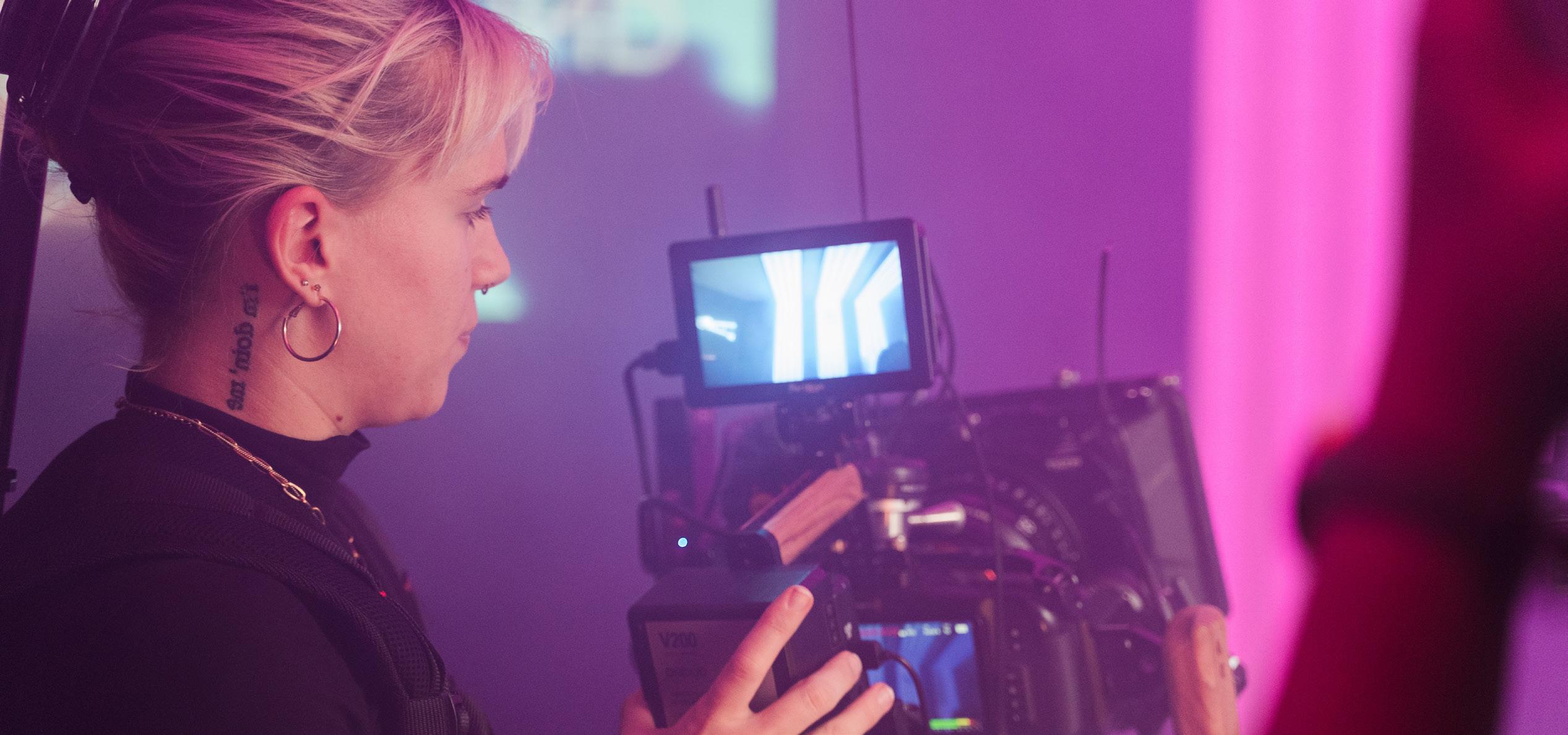
6 minute read
Mohsen Raei
JACK OF ALL, MASTER OF NONE?! ON THE NOTION OF BEING A GENERALIST
By Mohsen Raei
FIRST of all, this article does not aim to undermine the specialists. No one likes a self-driving car led by a nonexpert patrolling on the highway. Here, I would like to shed light on the definition of a generalist and why we need these people.
We have always been told from childhood that we must focus on a specific field or skill in order to become an expert in that field and to be able to earn a living from it and, of course, a prosperous life. But this is not an easy job for some people. They become interested in one subject and they make significant progress in it, but in the end, they move on to another discipline, and this process always continues. We judge these people as a jack of all trades and masters of none.
Today, with the development of the digital world and artificial intelligence, it is said that people who are very interested in different fields and cannot stick to one field have more value. We need more than people with coding skills to research logistics optimization, behaviour prediction, and even emotion tracking. Therefore, the presence of a person who has a general knowledge of many areas can be of great help.
Two reasons can lead to the emergence of generalists in societies: Personal taste and the rise of artificial intelligence.
The first reason can be found in people’s interests and personalities. There have always been people in history who cannot be placed in one area. Their greed for learning is such that they could not spend their lives on just one subject. For example, Abu Nasr Al-Farabi specialized in philosophy, logic, sociology, medicine, mathematics and music. Or Leonardo da Vinci, an Italian scientist was a painter, sculptor, architect, musician, mathematician, engineer, inventor, anatomist, geologist, architectural planner, botanist, and the great writer of the Renaissance era.
In our time, celebrities such as Elon Musk, Steve Jobs, Richard Feynman, Benjamin Franklin and Thomas Edison can be considered heroes who do not confine themselves to one specific scientific domain. They have realized that only by merging different domains can something be made that is completely different.
Specialization and going deep in one field will create very little progress in the realm of total science. Note the Dirac Delta chart:
Dirac is a hypothetical function whose curve at the center of the nail coordinates is infinitely long and infinitely narrow, with a total area equal to one under the nail, which tends to practically zero. When there is someone who knows a lot in a field and whose knowledge increases every day, it can be practically said that he knows as much as nothing!
The next issue is the emergence of artificial intelligence. Machine learning can eliminate many jobs in a wide range of activities, from driving cars to building structures and analyzing complex issues to politics, statistics, writing and art. In an age where artificial intelligence overshadows all mechanisms, is it possible to learn only one area of expertise?
Artificial intelligence can easily replace experts. If until yesterday a specialist was in demand for doing a certain activity, today, a device does the job faster and with less error. A device that ultimately needs one operator and an ordinary employee can easily work with it.
Previously, it was predicted that artificial intelligence would first replace manual jobs, then cognitive skills, and then creative work. But this picture of the future does not seem to be true at all. DALL·E 2 software, designed by OpenAI, can visualize a text by reading it. For example, it could be given the text “Rabbits who have participated in the college seminar on the anatomy of the human body,” and draw the following picture for you:
Moreover, Google’s LaMDA chatbot can communicate with humans in a way that it may be mistaken for an 8-yearold child. This chatbot, which functions based on the most advanced large language models, can replace call center agents in the future.
The next question is that with the development of artificial intelligence, in which field should one become an expert to be safe from the bite of machine learning automation? Even programming skills that are the basis of artificial intelligence can be made useless with machine learning by a machine that does programming and debugging



by reading GitHub documents and viewing other people’s code. CodePilot, an AI-empowered assistant, can help software developers by correcting and generating codes for them.
The next point is that monopolies are disappearing. Not so long ago we had to use a designer and a tool like Photoshop to edit an image, but now it can be done easily with a mobile app. An expert is like a puzzle piece in an organization that can be replaced with another puzzle piece. In today’s world, a specialist is more likely to lose their job.
Generalists are generally not prejudiced against any course of study. They are well aware that all areas are very important for the development of society. Peter Drucker (father of management science) says in the book Pioneers of Management that if the economy wants to move to high-tech, it must also deal with lowtech as well as no-tech. Drucker, who could be called a generalist, knew that advanced technology alone could not lead to an advanced society. Industrial society led people to be specialized, but in the post-industrial age, it is very necessary to have people who know about different topics.
One way to become a generalist can be through a T-shaped learning approach. In this situation, the person is in one deep domain of study or profession (but not too deep because it takes a lot of time) but tries to connect this knowledge to other domains as well. A sociologist who knows the history of a nation and also knows about biology and can use Python libraries to analyze statistical data would certainly be better than a sociologist who specializes only in his field.
Being a generalist is also an undeniable trait of a futurist worldview. Since there are a lot of elements at play, a person who engages in futures studies should delve into a broad range of knowledge for better insights. Accepting the challenge of breaking new ground needs a holistic and global view which can be obtained through the practice of a generalist approach. For instance, a person who is an energy futurist should know about breakthrough technology behind electric car batteries, the relations between countries (take Russia and Ukraine), global warming policies, and new discoveries. Having a finger in every pie would give the futurist a good vantage point that a single method futurist might lack.
Some emerging jobs require the knowledge of generalists. For example, the position of HR generalist or general manager of human resources. Since their knowledge has a vast scope, they have the upper hand in selecting the right people and reskilling or upskilling them.
A generalist, or rather, having knowledge of multiple fields, acquaints one with the world and helps him to make better decisions. Certainly, a doctor who reads fictional books would better understand another’s suffering, and a politician familiar with the world of free software can better decide on corporate exclusivism, or a parliamentarian who understands biology in addition to legal rules can make more effective laws on global warming. It should not be forgotten that in order to make the best use of knowledge, one must have a lot of knowledge in one’s field of work, but should not limit oneself to it.










